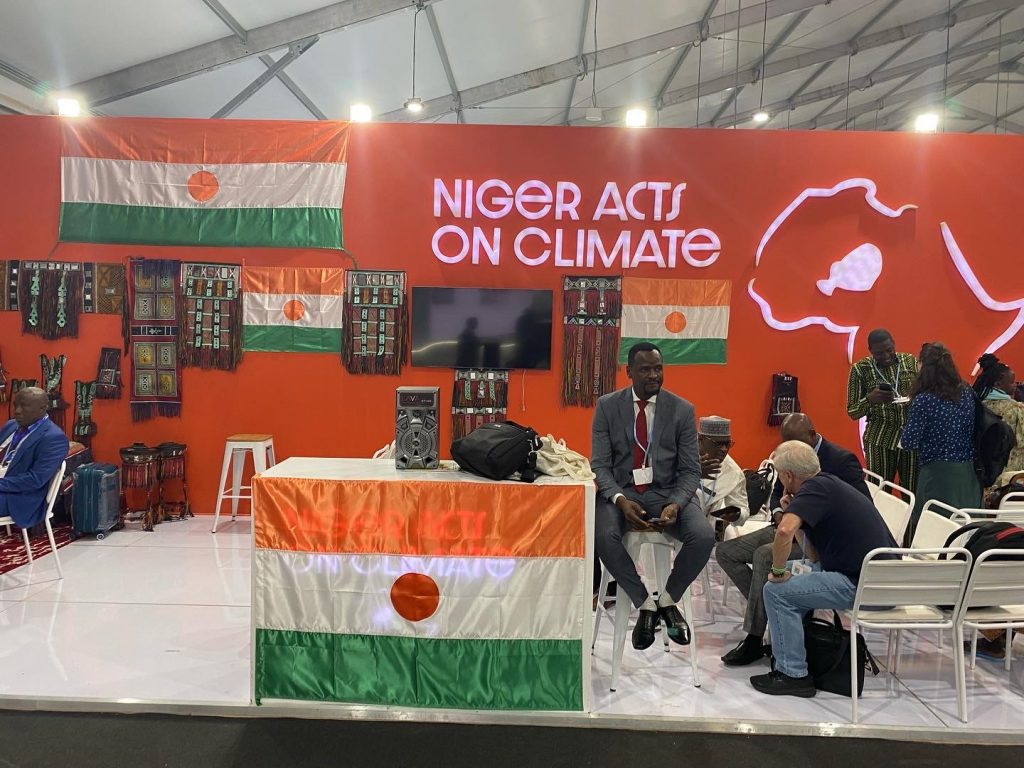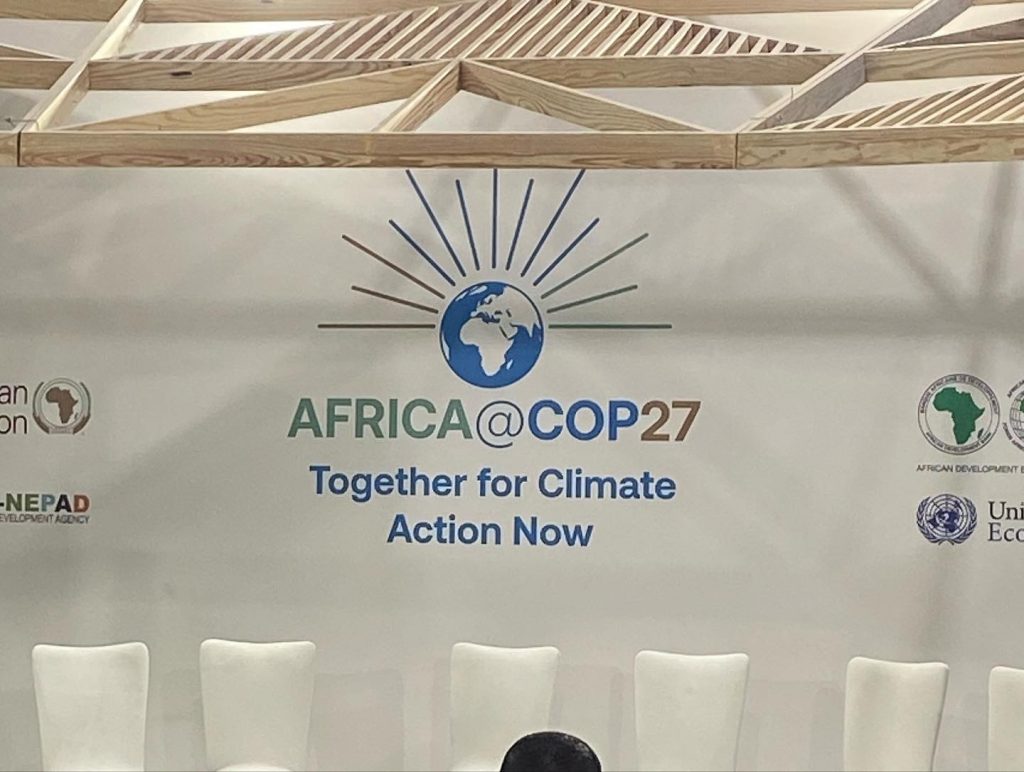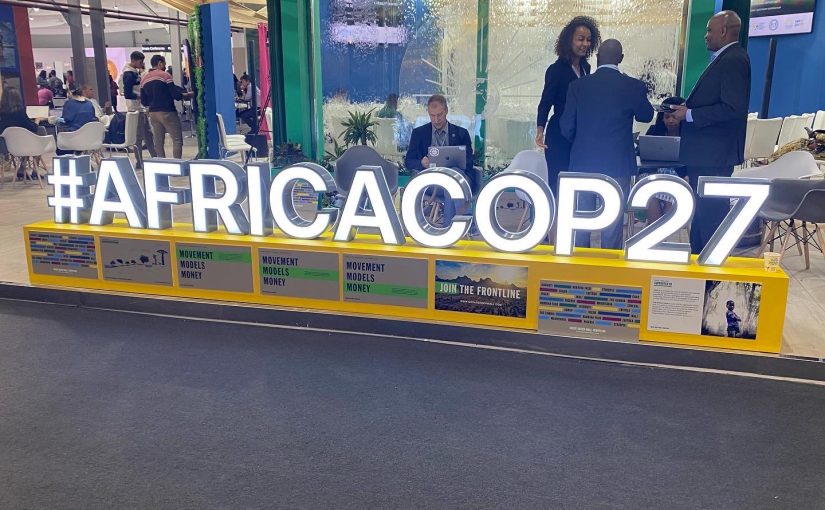By Prof. James Padilioni, Jr.
The proceedings at this year’s COP27 are now well underway. Delegates from every corner of the globe have converged at the southern tip of the Sinai Peninsula in Sharm El-Sheikh, Egypt, to participate in critical negotiations, discussions, and networking opportunities — all in the name of securing full implementation of the climate goals adopted in the Paris Agreement of 2015 and the recommitments made in last year’s Glasgow Climate Pact. However, according to the UN, “since COP26 in Glasgow, only 29 out of 194 countries came forward with tightened national plans” to reduce carbon dioxide (CO2) emissions by 45% prior to 2030, in order to hold global temperature warming to 1.5 degrees celsius and eventually achieve “net-zero” emissions by 2050.
Adding yet more urgency to these negotiations is this year’s theme, #AfricaCOP27, a rallying cry for African nations — and Black-majority Caribbean nations — to take the ethical lead on climate action through the development of sustainable green technologies. While many African nations contain the creativity, social cooperation, and political will to implement sustainable development, they do not have the capital necessary to catalyze the process. Of course, this situation is not a mere coincidence of history, but rather its consequence, as centuries of the Transatlantic Slave Trade followed by European colonization of the African continent intentionally extracted wealth and natural resources from African societies, leaving them economically impoverished. What’s more, these same processes of extraction and exploitation created the very Industrial Revolution itself, the prime generator of both Global Northern wealth and the excessive fossil fuel emissions underlying the conditions of climate chaos we face today.

At the opening plenary session on Monday, Senegalese President and current Chairman of the African Union, Macky Sall, declared it was time for Africa to “make history (faire histoire),” as opposed to being the “victim” of the history made for Africa by Europe and the United States. Barbadian Prime Minister Mia Mottley powerfully followed Sall’s charge, as she called for the dismantling of the Bretton Woods monetary system structure that created the International Monetary Fund (IMF) and the World Bank, and blasted rich nations for maintaining debt financing obligations vis-à-vis nations of the Global South. Motley also excoriated private capital, asking, “how do companies make $200 billion dollars in profits in the last three months and not expect to contribute at least 10 cents in every dollar of profit to a loss and damage fund? This is what our people expect.”
While the centering of Black leadership and frontline communities is an important and long-overdue corrective to global political economy, this alone will not guarantee a successful conference. Will the negotiations at COP27 bring forth a new framework for climate reparations, ushering in a future of flourishing for Africa and the entire planet? With global temperatures continuing to rise and 2030 fast approaching, the stakes of such questioning could never be higher. Stay tuned to this blog for updates from our student delegates as they track these dynamics over the next two weeks.

